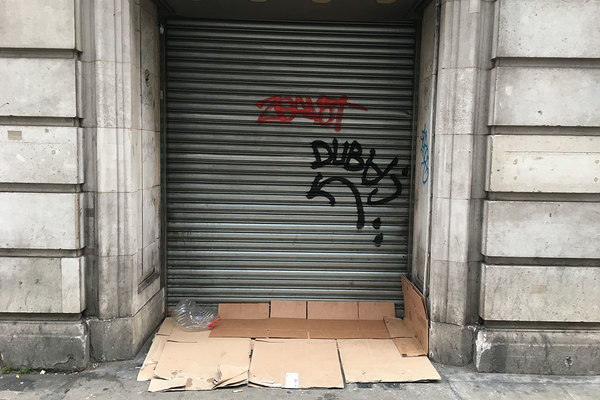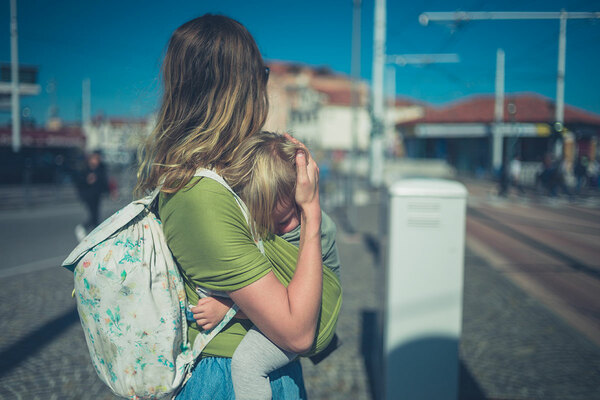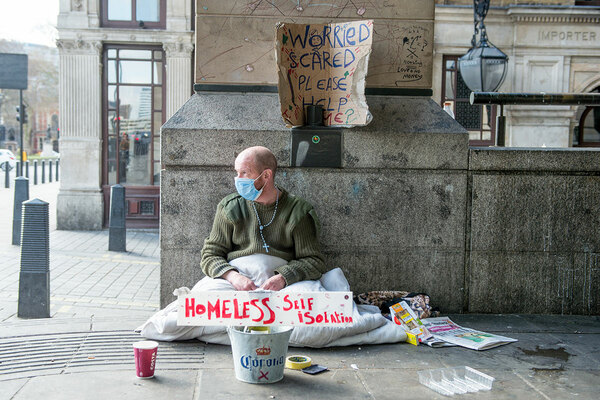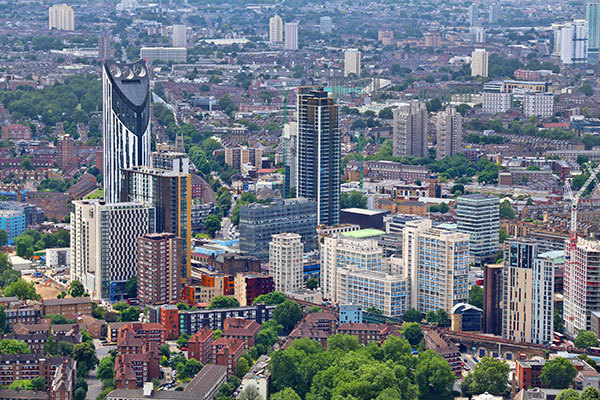You are viewing 1 of your 1 free articles
Number of people seen sleeping rough in London increased by 33% during pandemic
The number of people recorded by outreach workers as sleeping rough in London increased by 33% between April and June this year, while the number of new rough sleepers rose by 77%.

Latest statistics from the Greater London Authority’s CHAIN database show that 4,227 individuals were recorded as sleeping rough in the capital in the first quarter of 2020/21, compared to 3,172 individuals recorded during the same period last year. The 12-month period covers the financial year from the start of April 2020 to the end of March 2021.
Of the 4,227 individuals seen sleeping rough, 2,680 (63%) were sleeping rough for the first time. This marks a 77% increase in the 1,513 people who were recorded as sleeping rough for the first time between April and June 2019.
The data gives the first initial glimpse into what impact the coronavirus pandemic has had on rough sleeping in the capital.
By the end of July, City Hall had funded hotel accommodation for almost 1,700 homeless individuals. Many more were placed in rooms that were funded by individual boroughs.
While the latest CHAIN data shows an increase in the number of individuals who have been spotted sleeping rough, it also shows that the number of people living on the street fell 33% from 393 in the first quarter of 2019/20 to 264 this year.
An individual is recorded as living on the street if they are spotted regularly over a long time period.
Of the 2,680 people recorded as sleeping rough for the first time in London this year, 2,158 (81%) spent just one night sleeping rough, 483 (18%) slept rough for more than one night but did not go on to live on the streets, and 39 (1%) were deemed to be living on the streets.
Jon Sparkes, chief executive of Crisis, said: “These statistics present a mixed, complex picture. We can see the success of the government’s Everyone In initiative, reducing the number of people living on the street by 33% when compared to the same period last year. We know many people have hugely benefited from the security and stability this respite has provided.
“However, what’s striking is the numbers of people sleeping rough for the first time, which has increased by 63%. It’s clear that when the instruction came to stay at home, coronavirus exposed the true numbers of those without one.
“Our frontline services have seen many people who were previously hidden homeless, those sofa-surfing or living in other unstable situations, forced onto the streets for the first time.
“We urge the government to introduce emergency homelessness legislation to ensure that everyone who is sleeping rough, or is at risk, can access accommodation over the next 12 months. Without this we risk seeing an increasing number of people exposed to the dangers of sleeping on the streets, especially once protections like the evictions ban and the furlough scheme wind down.”
Mayor of London Sadiq Khan said: “These figures must be a wake-up call for the government. The coronavirus pandemic has had a profound and unprecedented impact on all aspects of London life.
“I’m proud that under my leadership, City Hall has helped nearly 1,700 rough sleepers into emergency hotel accommodation, many of whom have since been supported into longer-term housing. However, we cannot ignore the huge number of Londoners who find themselves sleeping on the streets due to the effects of the pandemic.
“The economic shockwaves will continue to be felt for some time to come. Teams across the capital are working tirelessly with homelessness charities to help people into accommodation.
“Ministers must now redouble their efforts to give all those who are sleeping rough a settled home, including those without recourse to public funds whom the government are making it hardest to help.”
A Ministry for Housing, Communities and Local Government spokesperson said: “Our priority throughout this crisis has been to protect vulnerable people – like rough sleepers - and stop the virus spreading.
“We have given councils in London and the Greater London Authority at total of £605 million to deal with the immediate pressures they are facing – including to support rough sleepers.
“Thanks to the hard work of councils, agencies and the homelessness sector around the country, nearly 15,000 vulnerable people have been housed in emergency accommodation, including hotels, since the start of lockdown.”









